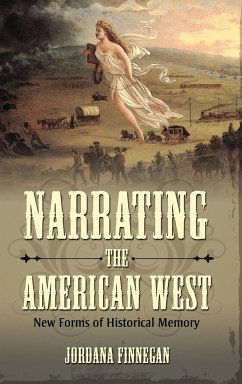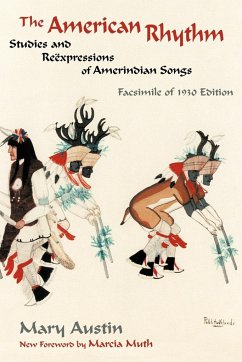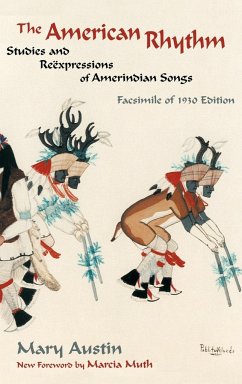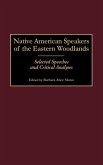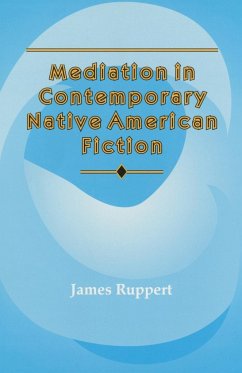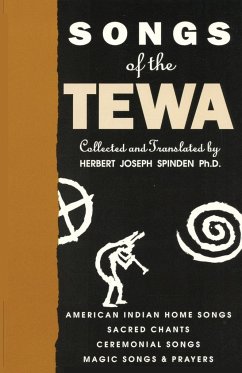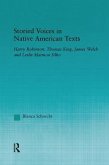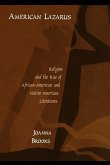Conventional literary representations of Western American history repress the violent conquest central to U.S. westward expansion through images of open space, autonomous individualism, and masculine heroism. In particular, the genre of autobiography has traditionally reproduced autonomous, transcendent, and masculinist notions of selfhood. This book analyzes New Western autobiographical narratives that contest such colonial understandings of race, gender, and landscape. Through a comparative analysis of memoirs and multiform narratives by diverse Euro-American, Native American, and Chicana writers, this study explores the ways in which "New Western" writing both reproduces and transforms conventional representations of the American West. Through the lens of narrative form, this book closely analyzes contemporary texts that express contradictory historical visions and notions of selfhood, even as they push the boundaries of autobiography. The book's introduction provides a theoretical and historical overview of Western American historiography and literary representations. The book is then divided into four chapters, three of which compare contradictory visions of Western identity in texts by diverse Euro-American and Native American authors from the late twentieth century. The fourth chapter focuses on these issues in the work of a popular Chicana author. Drawing upon a wide array of methodologies and perspectives, Narrating the American West offers valuable insights to students and scholars in a variety of fields, including postcolonial theory, ecocriticism, the New Western History, Native American Studies, American Studies, gender studies, and autobiography theory.
Hinweis: Dieser Artikel kann nur an eine deutsche Lieferadresse ausgeliefert werden.
Hinweis: Dieser Artikel kann nur an eine deutsche Lieferadresse ausgeliefert werden.

